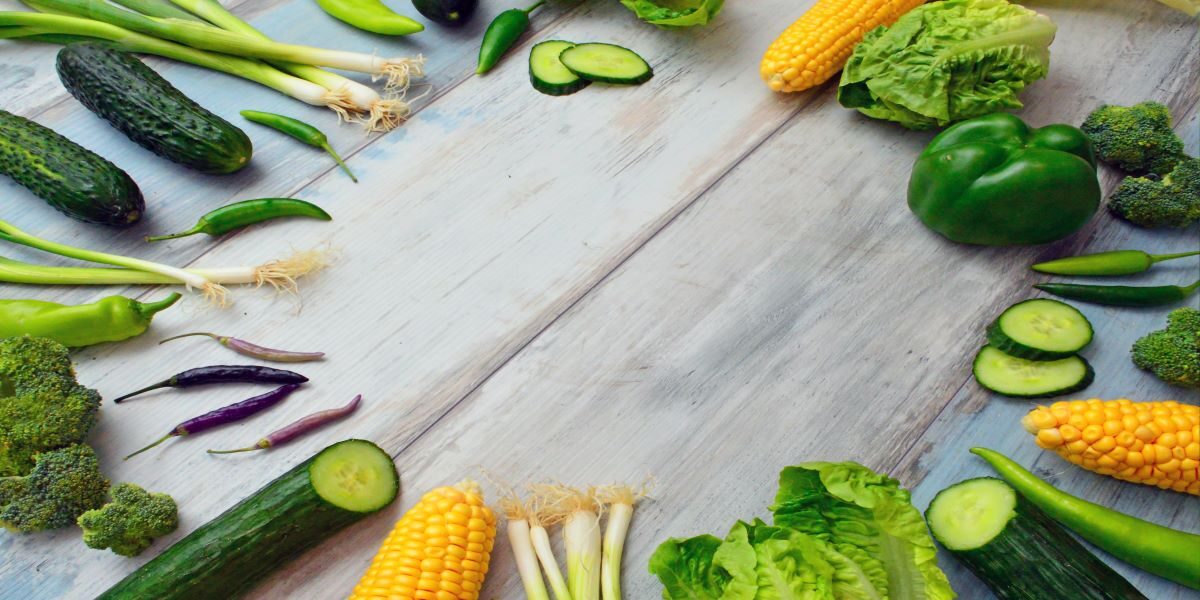
- Categories: Professional Horticulture
Vegetables are parts of plants that are consumed by humans or other animals as food. The original meaning is still commonly used and is applied to plants collectively to refer to all edible plant matter, including the flowers, fruits, stems, leaves, roots, and seeds. An alternative definition of the term is applied somewhat arbitrarily, often by culinary and cultural tradition. It may exclude foods derived from some plants that are fruits, flowers, nuts, and cereal grains, but include savoury fruits such as tomatoes and courgettes, flowers such as broccoli, and seeds such as pulses.
The most vegetables are grown all over the world as climate permits, and crops may be cultivated in protected environments in less suitable locations. China is the largest producer of vegetables, and global trade in agricultural products allows consumers to purchase vegetables grown in faraway countries.
The scale of production varies from subsistence farmers supplying the needs of their family for food, to agribusinesses with vast acreages of single-product crops. Depending on the type of vegetable concerned, harvesting the crop is followed by grading, storing, processing, and marketing.

